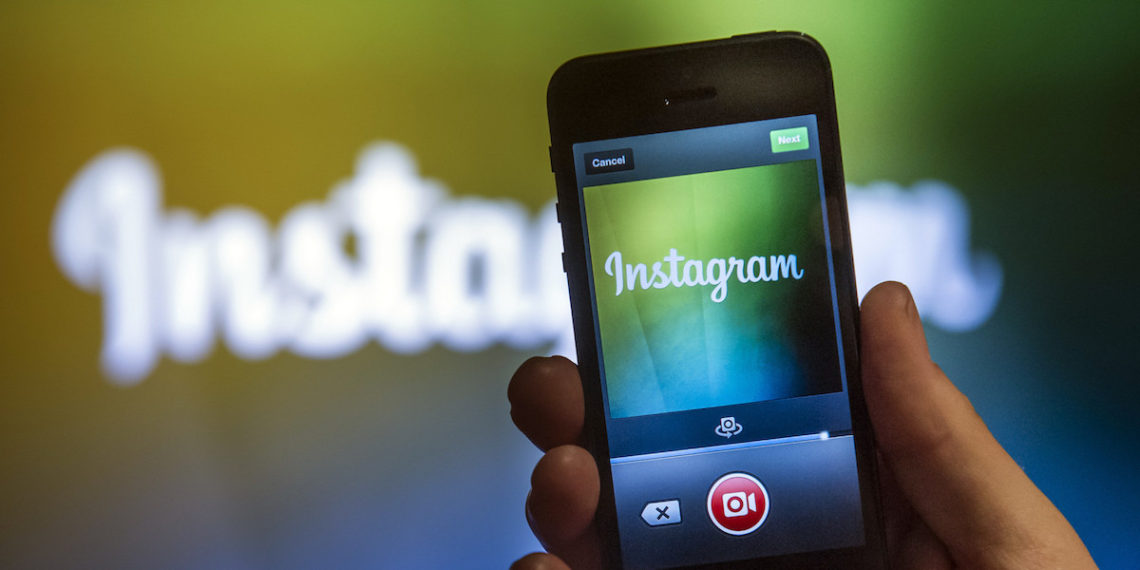
*The following is excerpted from an online article posted on CNN.
Instagram is the most detrimental social networking app for young people’s mental health, followed closely by Snapchat, according to a new report by the Royal Society for Public Health in the UK.
Their study, #StatusofMind, surveyed almost 1,500 young people aged 14 to 24 on how certain social media platforms impact health and well-being issues such as anxiety, depression, self-identity and body image.
YouTube was found to have the most positive impact, while Instagram, Snapchat, Facebook and Twitter all demonstrated negative affects overall on young people’s mental health.
Instagram — the image-saturated app with over 700 million users worldwide — topped the list in terms of negative impact, most notably among young women, according to the report’s findings.
Instagram draws young women to “compare themselves against unrealistic, largely curated, filtered and Photoshopped versions of reality,” said Matt Keracher, author of the report.
“Instagram easily makes girls and women feel as if their bodies aren’t good enough as people add filters and edit their pictures in order for them to look ‘perfect,’ ” an anonymous female respondent said in the report.
To tackle the problem, the Royal Society for Public Health has called for social media platforms to take action in order to help combat young users’ feelings of inadequacy and anxiety by placing a warning on images that have been digitally manipulated.
“We’re not asking these platforms to ban Photoshop or filters but rather to let people know when images have been altered so that users don’t take the images on face value as real,” Keracher said.
The survey concluded that while Instagram negatively affected body image, sleep patterns and added to a sense of “FOMO” — the fear of missing out — the image app was also a positive outlet for self-expression and self-identity for many of its young users.
YouTube was the only social media platform that demonstrated an overall positive impact on young people’s mental health in the study.
The report also found that it’s not just what young people are engaging with on social media but also how long they are engaging with it.
Young people who spend more than two hours per day connecting on social networking sites are more likely to report poor mental health, including psychological distress, according to the report.
http://www.cnn.com/2017/05/19/health/instagram-worst-social-network-app-young-people-mental-health/
Source: Home Word





